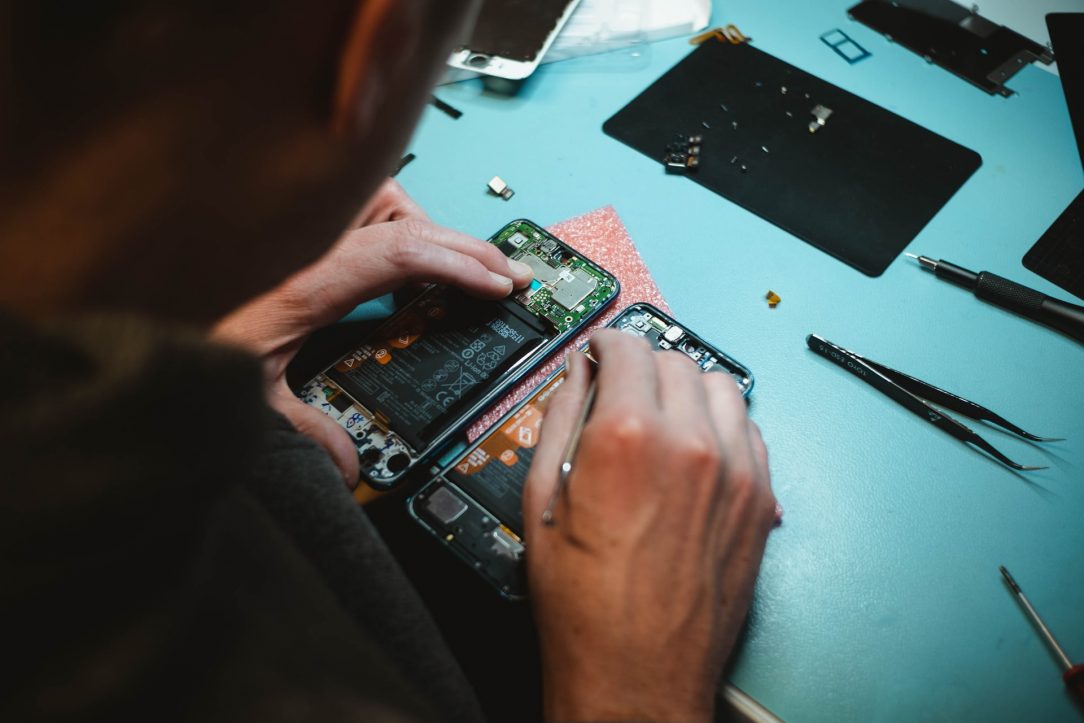The Productivity Commission is conducting an inquiry into the ‘Right to Repair’. In June 2021 the draft report was released for public consultation. Digital Rights Watch teamed up with Electronic Frontiers Australia to provide a submission on the issues as they relate to digital rights.
What is the ‘Right to Repair’?
The right to repair is a growing movement around the world that is pushing for increased access to, and affordability of, repairs for technological devices. It has a particular focus on ensuring that manufacturers cannot monopolise the repair market, and prevent people from accessing third-party repairs.
Our Submission
We are primarily concerned with the following areas as they relate to the right to repair:
- public safety implications with particular regard to digital security vulnerabilities
- increasing challenges to access technology and the exacerbation of the “digital divide” without affordable or readily available repair options
- the exacerbation of Big Tech monopolies
- the environmental impacts of e-waste
- the overarching impact upon DIY tech culture and innovation
Our recommendations
- Software should be included under consumer guarantees to ensure consumer devices are up to date, workable, secure and that consumer data is less likely to be vulnerable to interception or theft.
- Software should be repairable by consumers if or when the manufacturers are no longer willing to provide updates, repairs, or maintenance for the software included in their products.
- The development of a robust secondary market for repairable technological products should consider both the benefits of increased competition to counter abuses of market power from major manufacturers, as well as a mechanism to reduce Australia’s digital divide, including accessibility and affordability.
- We support the inclusion of a prohibition on “warranty void” terms, including “do not open” stickers/warranty seals. These terms are misleading to consumers and create an unreasonable barrier to access repairs. Clear and simple warranty language should be a requirement so that people are able to understand what they can and cannot do with their technology products.
- The geographical challenges of Australia need to be considered, especially with regard to local skills and expertise, and the availability of spare parts. Parts which may be available in the US or the EU can be difficult to obtain in Australia, which can act as a barrier, even where access to independent repair options are made available. It is essential that Australia has the knowledge, capacity and material to repair and innovate, especially when global supply chains are disrupted, or skills cannot be brought in from overseas, as highlighted by the Covid-19 pandemic.
- We support limiting manufacturer liability for defects or failures created by poor-quality independent repairs to offset some of the possible risk of manufacturers being liable for poor-quality repair jobs that were out of their control.
- We support reasonable changes to the Copyright Act to enable access to repair information such as repair manuals, as well as a “positive obligation” on manufacturers to make their repair information available.
- Australia should prioritise the environment—and, by extension, the ongoing wellbeing of our society and economy—and consider how the right to repair supports other existing initiatives to create a sustainable future, and minimise waste.

